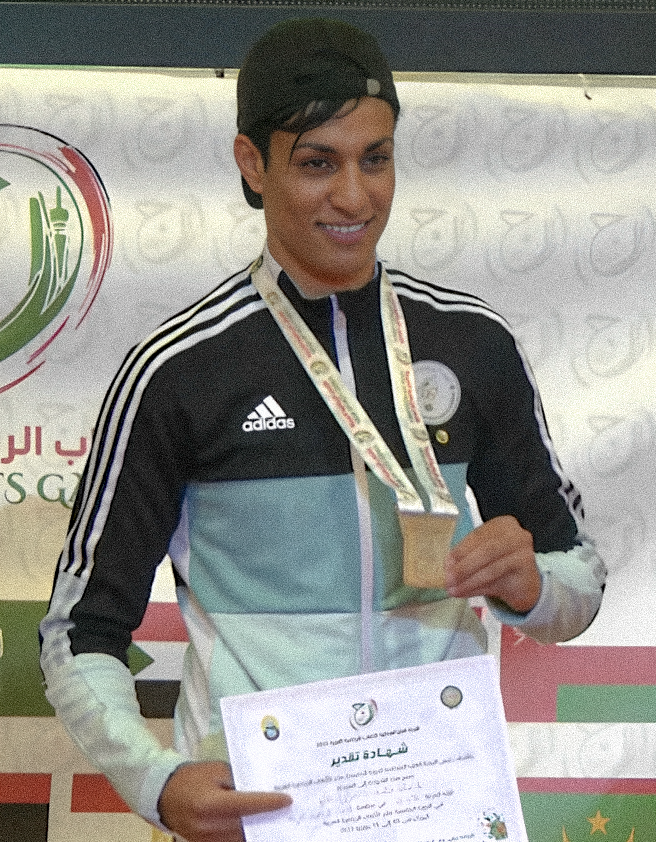
Imane Khelif's case is a glaring example of how far we still have to go in sports.
Meet Imane Khelif, the Algerian boxer whose punches have sparked a firestorm at the 2024 Paris Olympics. The controversy exploded when Italy’s Angela Carini threw in the towel just 46 seconds into their bout, claiming Khelif’s punches were unlike anything she’d ever felt before. Carini said she feared for her health and worried her nose might be broken. This abrupt withdrawal put Khelif under the microscope, with the International Boxing Association (IBA) stepping in on August 5 to accuse her of being biologically male.
Khelif’s situation isn't just a one-off hiccup. Despite being disqualified from the 2023 women’s boxing world championships for not passing gender eligibility tests, she, along with Taiwan's Lin Yu-ting, was still allowed to compete in Paris. The IBA's accusations and the controversy surrounding Carini's withdrawal have only fueled the fire.
Khelif’s eligibility to compete was already under scrutiny, having been disqualified from the women's boxing world championships in 2023 for not passing gender eligibility tests. Yet, here she was, back in the ring at the Paris Olympics, and people lost their minds.
Despite being born female, she's been hit with accusations of being a "biological male." High-profile personalities like Elon Musk, Donald Trump, J.K. Rowling, Jake Paul, and Logan Paul didn’t hold back on Twitter. Musk and Trump called it "unfair" and "a mockery of women's sports," while Rowling went full-on dramatic, tweeting, "The smirk of a male who knows he’s protected by a misogynist sporting establishment." Because nothing says subtlety like a Rowling tweet.
But let's get real for a moment. The controversy is rooted in long-standing issues around gender verification in sports.
A Not-So-New Drama
This isn't the first time female athletes have faced such scrutiny. The history of gender verification in sports is like a bad reality TV show that's been on air for way too long. Back in the 1936 Berlin Olympics, women had to undergo invasive tests to prove their femininity. By the 1960s, things got even weirder with "nude parades" and chromosome tests. Yep, officials literally paraded women naked to decide if they were "female enough" to compete.
Fast forward, and we have cases like Polish sprinter Ewa Kłobukowska, who was stripped of her medals due to a supposed chromosomal anomaly, only to prove later that she was, indeed, a woman. Then there's Santhi Soundararajan, an Indian runner who was publicly humiliated and barred from competition because she had XY chromosomes but no competitive advantage. She even attempted suicide due to the backlash.
The Unfair Spotlight on Women of Color
This kind of scrutiny disproportionately affects women of color. Caster Semenya from South Africa and Dutee Chand from India both faced bans and were forced to take hormone-suppressing drugs to compete. These athletes were vilified and their careers were nearly destroyed, while similar scrutiny on white athletes remains conspicuously absent.
The Science Myth
The assumption that higher testosterone levels give women an unfair advantage is not only outdated but also scientifically shaky. Some studies link testosterone to better performance, others don't, and some even suggest it might be a disadvantage. It's like trying to decide the best ice cream flavor—everyone has a different opinion, but there's no definitive answer.
In Defense of Imane Khelif: A Stand Against Unfair Judgments in Sports
The International Olympic Committee (IOC) defended her inclusion, emphasizing that the controversy was not about transgender issues but rather about differences in sex development (DSD), a condition that can result in atypical chromosomal, gonadal, or anatomical sex development. The IOC criticized the IBA's testing methods as lacking legitimacy and stressed the importance of respecting athletes' privacy and dignity.
Imane Khelif's case is a glaring example of how far we still have to go in sports. Why are we still fixated on outdated and biased ideas of what a female athlete should look like? Instead of celebrating Khelif's achievements, we're stuck in a loop of misinformation and discrimination.
So, here's the hard-hitting question: When will we stop policing women's bodies and start respecting their right to compete as they are? Let's move beyond the noise and give athletes like Khelif the respect and recognition they deserve.
If you or somebody you know is going through something difficult and needs to get in touch with a therapist, consider reaching our ‘Support’ and ‘Engage’ verticals for affordable and inclusive help!
Like our content? Please show us some support by sharing and up-voting!
Image Credits: Wikipedia
